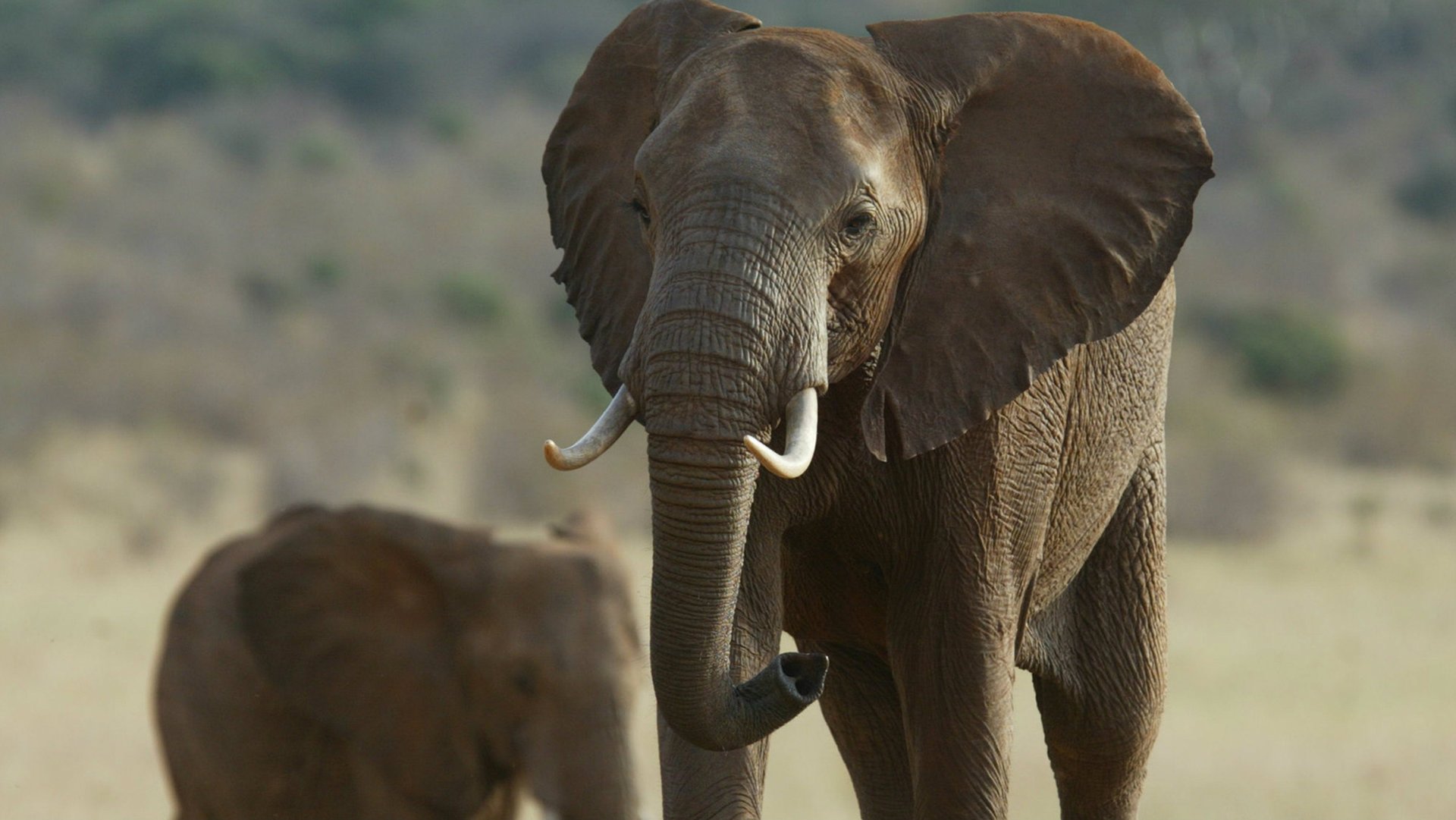Ivory smuggling continues to hurt China’s alliances in Africa
Chinese and Ugandan diplomats found themselves in an awkward position this week. Ordering an investigation, Ugandan president Yoweri Museveni personally accused local officials and two Chinese diplomats of smuggling 1.3 metric tons (about 2,900 pounds) of ivory out of the country in 2014. Chinese authorities quickly denied the accusation and pointed out that the diplomats named by the president were not stationed in Uganda. Days later, Uganda’s foreign ministry issued an apology.


Chinese and Ugandan diplomats found themselves in an awkward position this week. Ordering an investigation, Ugandan president Yoweri Museveni personally accused local officials and two Chinese diplomats of smuggling 1.3 metric tons (about 2,900 pounds) of ivory out of the country in 2014. Chinese authorities quickly denied the accusation and pointed out that the diplomats named by the president were not stationed in Uganda. Days later, Uganda’s foreign ministry issued an apology.
Ivory smuggling does persistent damage to China’s image abroad, especially in Africa where Chinese demand for elephant tusks and rhino horns has driven the two species closer to extinction. Uganda is a common smuggling route for the illegal trade. Earlier this month, Asian and African authorities arrested seven people for trafficking one ton of elephant tusks from Uganda to Singapore, by way of Kenya, according to the anti-poaching NGO, Freeland.
China’s consumption of ivory, used for traditional Chinese medicine as well as decoration, complicates its already complex alliances in Africa. In part to repair its image, Beijing announced last year that it would ban the trade altogether. In March, half of all ivory processing factories and outlets were to shut. By the end of this year, all 34 factories and 138 shops are slated to be closed.
Since those promises, ivory prices have fallen. According to the Wildlife Justice Commission, in February this year the cost had fallen to $660 per kilogram, down from $750 in of 2016, and $1,322 in 2015. But this could also be a function of China’s slowing economy. Despite the fall in prices, poaching activity has remained steady.
Dan Stiles, a consultant investigating ivory markets, told the Guardian this month that it’s still too early to gauge the impact of the Chinese ban. “Let’s see where we are at the beginning of 2019. If poaching rates haven’t gone down significantly by then, then elephants are in real trouble.”
Ivory smuggling will likely continue. Many of China’s legal ivory operations were also conduits for the illegal ivory trade, which may now shift elsewhere. Vietnam, Laos, and Hong Kong, the world’s largest ivory market, are already moving in on the market. Hong Kong has promised to ban the legal sale of ivory, but not until 2021. Ivory is still openly sold on social media, often by Chinese nationals, from WeChat to Facebook.